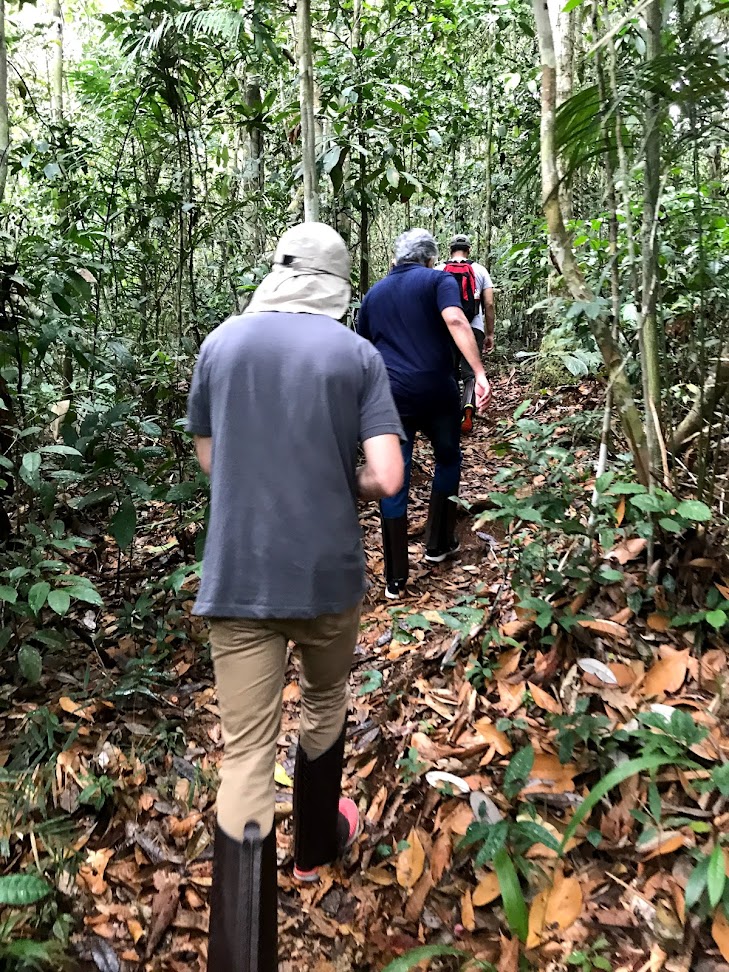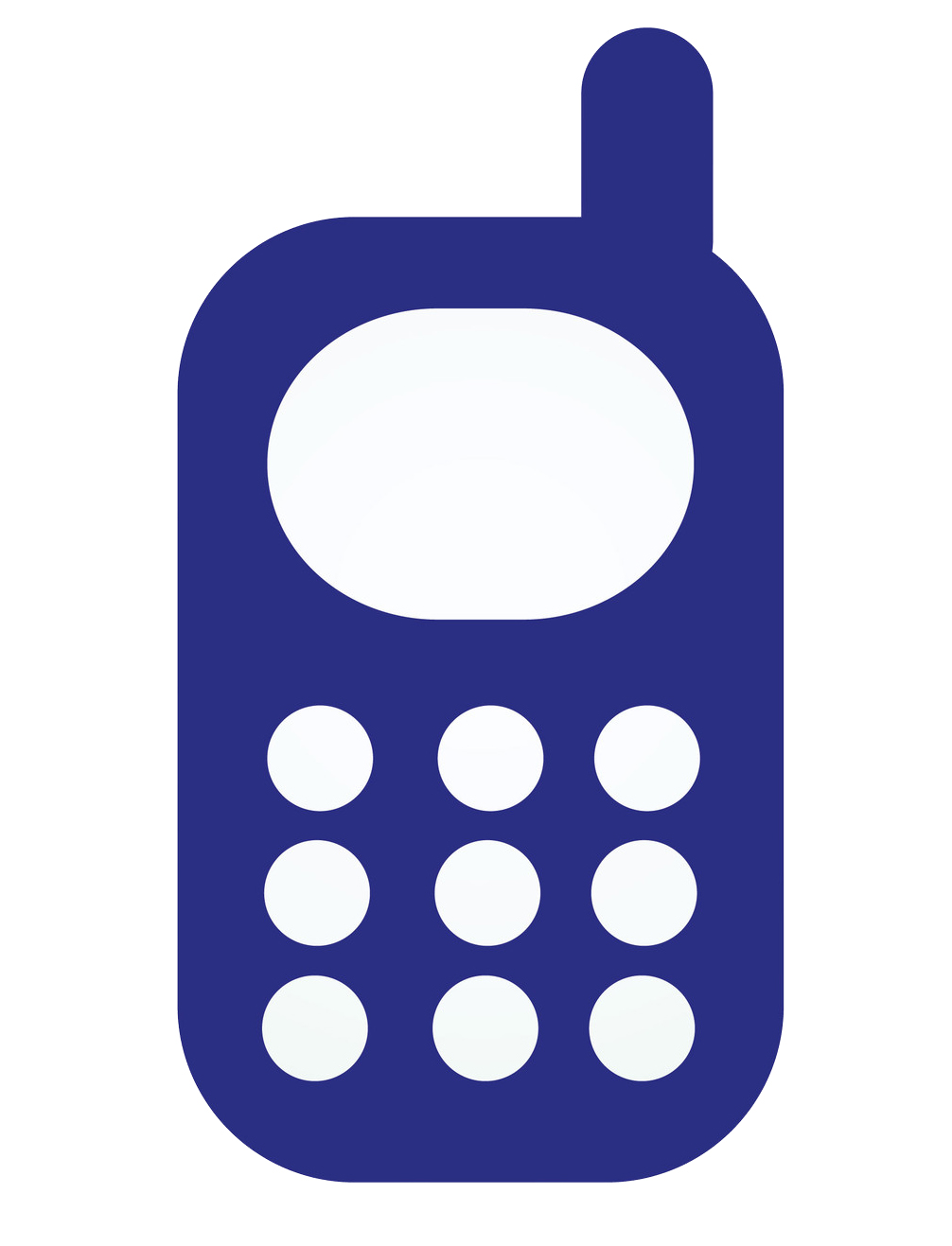
Injured in West Virginia But Live in Another State? Here’s What to Do
From traffic on I-81 to the University of West Virginia or our various mountain destinations, West Virginia accommodates plenty of visitors. Unfortunately, accidents and injuries can happen anywhere. If you’ve been hurt in West Virginia but live in another state, don’t feel overwhelmed – Miley Legal is here to help.
This blog will explain the legal ramifications of out-of-state injuries, the right state in which to hire an attorney, and how to proceed once you have received medical attention. If you need guidance from a personal injury law firm in West Virginia, call us for a complimentary consultation.
Do You Need to File Your Claim in West Virginia?
The short answer is that jurisdiction typically depends on where the injury occurred. So yes – West Virginia courts usually have jurisdiction over injuries that take place within the state. This rule ensures that the court handling the case has authority over the location and parties involved.
For instance, those traveling south on I-81will spend a short period of time in West Virginia as they pass between Maryland and Virginia. If an out-of-state driver is injured due to someone else’s negligence, the state’s courts will have jurisdiction. If you find yourself in this situation, call the Martinsburg car accident lawyers at Miley Legal for help.
Court appearances can add a wrinkle if you live out of state, since traveling back to West Virginia may be necessary. However, many aspects of a personal injury claim can be handled remotely through your car accident attorney. The most important thing is establishing a relationship with a local law firm and filing the claim within the statute of limitations. We can handle the details surrounding court dates later.
How Does West Virginia Law Apply to Your Claim?
Fault in Car Accidents
West Virginia follows an at-fault system for car accidents, meaning the person responsible for causing the accident is liable for damages. Layered on top of that is our state’s modified comparative negligence rule. Under West Virginia Code §55-7-13A, you can recover damages in accordance with your percentage of fault, so long as you are not more than 50% or more at fault. This is different from several other states, including Pennsylvania, which is just a short ride north on the aforementioned highway 81.
Injured on Property in West Virginia
If you suffer an injury on property located in West Virginia, the state’s premises liability laws will govern your case. Property owners must maintain safe conditions or adequately warn visitors of potential hazards. For example, if you slip and fall at a hotel in West Virginia due to a wet floor that wasn’t marked, you may have grounds to seek compensation. The same applies to injuries from unsafe staircases, dangerously dark lighting, and more. Jurisdiction typically remains in West Virginia since the property is located there.
Injured by a Product Purchased in West Virginia
Even if you brought a product back to your home state and the injury occurred there, West Virginia courts may still have jurisdiction if the product was sold or manufactured in the state. For example, if you purchased a power tool in a hardware store in West Virginia, but later suffered injury due to a defect, you can pursue legal action against the manufacturer, distributor, or retailer. But defective product cases can be extremely complex (regardless of the out of state factor), and you will need the assistance of a Charleston, WV injury lawyer.
How Compensation Works in West Virginia
West Virginia allows victims to recover both economic and non-economic damages. Economic damages include medical bills, lost wages, and property damage, while non-economic damages include pain and suffering. Note that until recently, West Virginia only placed caps on non-economic damages in medical malpractice claims, and plaintiffs in a personal injury case are entitled to a full reward. This may differ from the injury victim’s home state. That said, West Virginia did place a cap of $5 million on commercial trucking cases.
For instance, if you were injured in a high-speed collision while driving through West Virginia, your economic damages might include $10,000 in medical bills and $5,000 in lost wages, while your non-economic damages for pain and suffering amount to $20,000. West Virginia law allows you to seek full compensation for these amounts, assuming you were not assigned a fault percentage 50% or more.
Steps to Take After an Injury in West Virginia
Seek Immediate Medical Attention
Even if your injuries seem minor, you should first seek medical attention. If EMTs on the scene want to transport you to the hospital, take their word for it – you can recover ambulance expenses after the fact. A visit to the doctor or hospital establishes a paper trail and guarantees that you won’t miss an injury that will worsen over time.
Report the Accident
West Virginia law requires you to report accidents involving injury, death, or property damage totaling more than $1,000, but plan on giving local law enforcement a call regardless of the perceived damage. You may need an accurate police report later on.
Document the Scene
While still at the scene, gather as much evidence as possible. Take photos of the vehicles, road conditions, and any visible injuries. Collect contact information from witnesses, and exchange insurance details with the other driver.
Notify Your Insurance Company
Inform your insurance company about the accident, even if you believe the other driver is entirely at fault. Your policy may include provisions, such as underinsured motorist coverage, that can help cover damages if the at-fault party’s insurance is insufficient.
Contact Miley Legal if You Were Injured in West Virginia
If you suffered an injury in West Virginia due to someone else’s negligence, contact us at your earliest convenience. We can help you understand the state’s comparative negligence laws, the damages available to you, insurance requirements, and more. Don’t let at-fault drivers or the insurance companies take advantage of your out-of-state status – call us.


